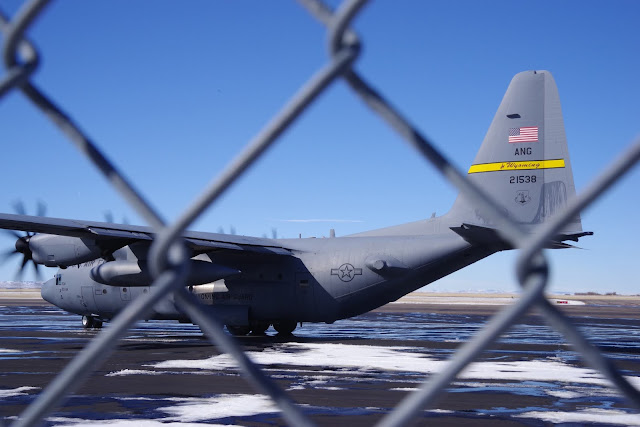Sunday, February 21, 2021
Lex Anteinternet: February 21, 1941. Frederick Banting killed in accident.
February 21, 1941. Frederick Banting killed in accident.
On this day in 1941 Nobel laurate and medical scientist, the Canadian Frederick Banting, died in an airplane crash. He was the co discoverer of insulin.
He was, in a way, a victim of the Second World War in that he was serving in the Canadian Army at the time, and was a passenger on a Lockheed Hudson that developed mechanical trouble. The bomber was being ferried to the UK but went down in Newfoundland.
It was the last day of the Swansea Blitz, that event in which the Germans bombarded that city for three nights.
It was strategically ineffective. Swansea had significant military targets, including oil facilities, but they were not damages in the three day raid.
More on both of these events can be read about here:
Today in World War II History—February 21, 1941
The British disembarked 1300 men on Malta.
21 February 1941: Reinforcements for Malta – 1300 Troops Disembark
Thursday, February 18, 2021
Lex Anteinternet: February 18, 1921. Œhmichen helicopter no 1,
February 18, 1921. Œhmichen helicopter no 1, ships, Egyptian self rule, and Argentine arms.
Tuesday, February 16, 2021
Saturday, February 13, 2021
British Petition: Treat recreation flying as a form of allowable exercise during the lockdown.
Interesting petition related to the Coronavirus Pandemic measures form the UK. I'm not opining on it, merely noting it.
PetitionTreat recreation flying as a form of allowable exercise during the lockdown.
Thursday, February 11, 2021
The 2020 Wyoming Department of Transportation Aviation Economic Impact Study.
Well, worth reading in its many subparts.
2020 Aviation Economic Impact Study
Wednesday, February 10, 2021
Lex Anteinternet: February 10, 1941. Threats from the sky.
February 10, 1941. Threats from the sky.
The British, on this day, engaged in their first airborne commando type raid, dropping paratroopers in Calabria, Italy, to destroy on aqueduct. I learned that here:
Today in World War II History—February 10, 1941
All 35 paratroopers were captured.
The operation was called Operation Colossus.
The men of the unit had all been drawn from No. 2 Commando of the Special Air Service and were in fact commandos, so they were not a conventional paratrooper unit.
More on the raid:
First British Airborne Raid
The RAF raided Rotterdam. The Luftwaffe raided Iceland.
Saturday, January 23, 2021
Green Aviation
Boeing announced that it's aircraft will be 100% capable of flying on biofuel by the end of the decade. For reasons that I don't grasp, biofuel would reduce aviation's carbon emissions.
This follows Airbus announcing some months ago that it intends to be 100% emission free by 2035, with hydrogen as the eyed fuel.
Sunday, January 17, 2021
Tuesday, January 5, 2021
Lex Anteinternet: January 5, 1941. The death of Amy Johnson.
January 5, 1941. The death of Amy Johnson.











